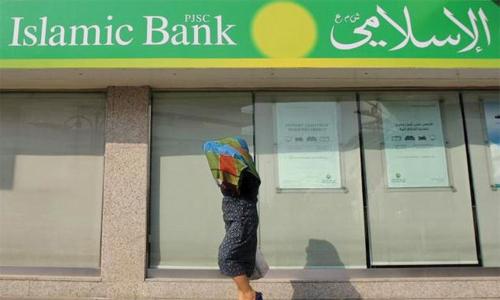Limited liquidity affects Islamic Banks, says report
The dearth of liquidity in the Islamic finance sector, including in transactions with Central Banks and conventional banks, is affecting the growth and performance of Islamic Banks, according to a research report published as IMF working paper.
The report “Monetary Operations and Islamic Banking in the GCC: Challenges and Options” identifies Bahrain as a better developed Islamic Banking story than most other countries using similar products.
Authors say that the inadequate availability of Shari’ah-compliant financial instruments seem to have forced Islamic banks to hold a significant amount of cash reserves, limiting the flexibility of the central bank’s monetary operations with Islamic Financial Service Industry (IFSI).
BASEL III requirements mean that Islamic banks have to increase their high-quality liquid assets (HQLAs) holdings to meet the liquidity coverage ratio (LCR). The report notes “Basel III states that national regulators around the world could assign run-off rates of 3pc to 5pc to stable, conventional bank deposits, and as much as 10pc to less stable deposits.
Most Islamic banks may end up being assigned numbers within that range; given the size of the deposits at stake, a variation of several percentage points could make a big difference to how much HQLAs the banks are forced to hold.”
This means that Islamic Banks will suffer on profitability and competitiveness compared to conventional banks with access to huge markets in high- quality government debt such as US Treasuries and German Bunds.
The report raises the concern that at times of market stress, Islamic banks may suffer as the current fall back options may prove inadequate.
The report suggests broadening the range of Shari’ah-compliant instruments and building liquid markets, developing arrangements to design Shari’ah-compliant alternatives to foreign exchange hedging and risk management arrangements, development of Shari’ah- compliant instruments to improve the efficiency of monetary operations with help from Central Banks, and modification of existing legal frameworks to accommodate the specificities of Islamic finance as crucial steps in developing the sector.
Photo Caption: Picture for representation purpose only
Related Posts

